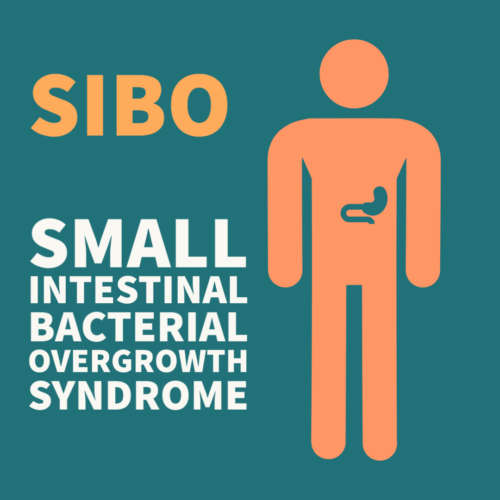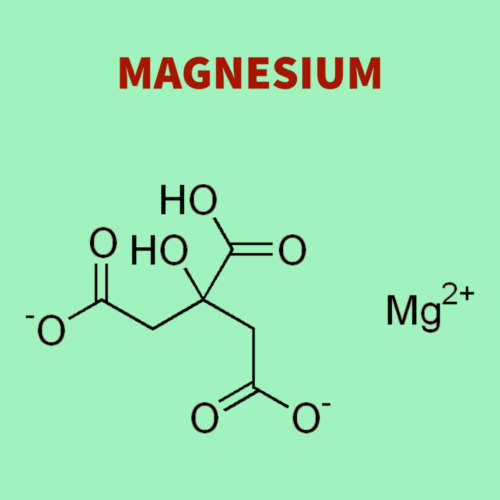Simple – Carbohydrates (Sugar) Simple Carbohydrates are a major source of energy for the body and are found in many nutrient-dense foods (fruits, Sugar, Candy, Syrups, Juice Concentrate and Products with add Sugar). The optimal human diet should contain no more than 15% of Simple Sugars. According to American Heart Association (AHA) most men should consume no more than 150 discretionary…





